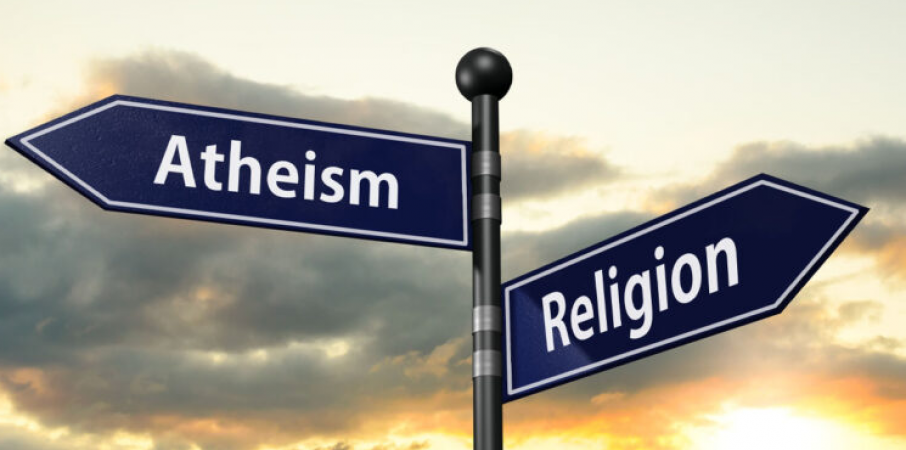
USA: According to recent research published in the Journal of Religion and Health, atheists and agnostics typically have similar levels of health and life satisfaction as their religious counterparts. The results raise questions about the idea that spirituality and religion improve wellbeing.
The belief-as-benefit effect, which refers to a general pattern of findings where religious beliefs and behaviours are positively associated with health outcomes, was put to the test by study author David Speed. Non-believers have not often been included in this research.
An associate professor at the University of New Brunswick named Speed noted that there is a vast body of literature on religion and health. "There are literally 10,000s of articles connecting belief, religious attendance, prayer, religiosity, etc. with a variety of health outcomes," she said. Despite the fact that there are millions of atheists in the United States and Canada, there is a dearth of research on this group.
Also Read: 'Conversion' a big challenge for Sikhism even today: Ex-CJI Khehar expresses concern
Speed investigated whether religion predicted physical and/or psychological wellness in a representative sample of Canadians using data from the General Social Survey of Canada. The survey ("How important are your religious or spiritual beliefs to the way you live your life?") gathered information on religious identity, religious attendance, prayer frequency, and religiosity. Self-reports of stress, physical health, life satisfaction, and mental health were also included in the survey.
455 atheists, 215 agnostics, 2,080 "nonreligious" people, 6,205 Catholics, 5,685 Protestants, 595 practitioners of Eastern Religion, and 430 people who identified as belonging to "other" religions were included in the sample.
After taking into account factors like sex, age, household income, marital status, language proficiency, ethnicity, level of education, and location, Speed was unable to find any proof that religious adherents had better stress, physical health, life satisfaction, or mental health than non-believers. Additionally, none of the four outcomes were generally correlated with religious participation, prayer, or religiosity.
Also Read: An independent investigation has been opened into the death of a 5-year-old British Muslim.
According to Speed, "the average person should be sceptical of claims that religion is inherently healthy or health-promoting." The same can be said of some nonreligious people, even though some religious people are unquestionably healthy. Health is clearly not one of the benefits of religion, whatever benefits it may (or may not) provide to life.
Even after Speed contrasted the least religious Catholics, Protestants, followers of Eastern Religions, and "other" practitioners with the most religious atheists, agnostics, and "nones," the results remained the same.
My findings weren't particularly surprising to me because I've published a fair amount in this field, Speed said. "However, the vast body of literature that touts religion's positive effects on health does not support my findings. My research programme consistently demonstrates that religion has little to no positive effects on health. Individuals with only a passing familiarity with the field might be surprised by this.
The results largely concur with those of an earlier investigation that looked at information from more than 15,000 Americans. However, the new research has some limitations, just like any other study. Observing that the General
We can't determine if religion is actually causing health differences because the majority of research on religion and health is correlational, according to Speed. "I'd bet my money that the connection between religion and health is a side effect of social support or coherence."
Also Read: Netanyahu declares that his government will not rule by Talmud
We must investigate whether nonreligious groups (such as atheists, agnostics, Satanists, etc.) are consistently less healthy than the religious; if we are unable to find a difference, it would be a sign that the field is plagued by serious issues.